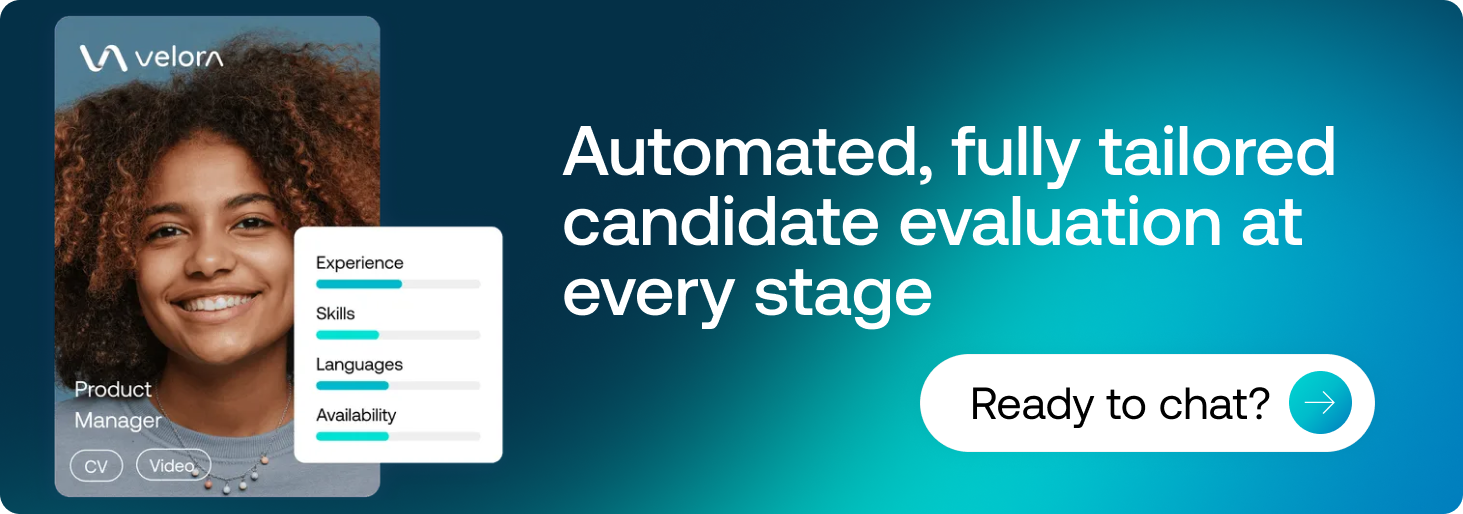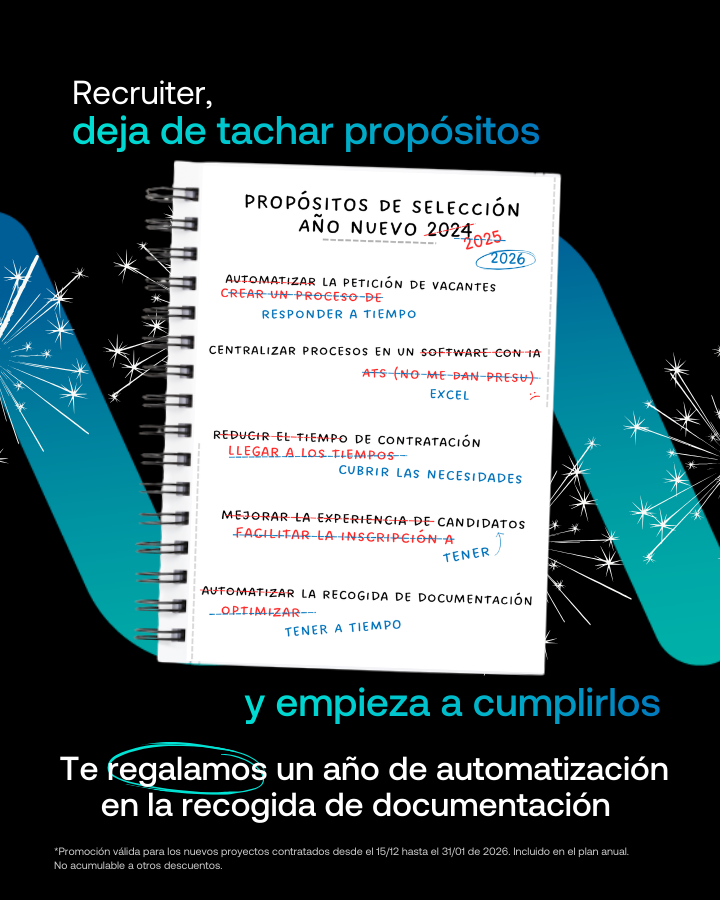Onboarding in specialty stores
.jpg)
The onboarding process, the first encounter between an employee and their new company, is a crucial stage that marks the beginning of a successful working relationship. Not only does it involve the transmission of knowledge about the functions and responsibilities of the position, but it also provides the basis for the new member to feel valued, integrated and committed from day one.
An effective onboarding process can increase employee retention by up to 82%, evidencing its direct impact on talent retention.

When it comes to technical or specialized profiles, the onboarding process takes on even greater relevance. These professionals not only need to understand the tasks and objectives of their role, but also to become familiar with specific technologies, particular work methodologies and, in many cases, to join highly specialized teams.

Problems of specialized onboarding.
In many sectors, the shortage of specialized talent poses a significant problem. The difficulty in finding candidates with the necessary skills can create additional stress during the onboarding process.
These roles demand deep technical skills and specialized understanding that isn't always easy to convey during the onboarding process. In addition, there is a risk of loss of productivity if the onboarding process is not carried out efficiently, which can affect the organization's ability to innovate and remain competitive in constantly evolving sectors.
What is the solution?
La scanning appears to be an innovative and effective solution to address these difficulties. The implementation of chatbots powered with generative AI offer a personalized and scalable approach to the onboarding process. These systems can be adapted to the specific needs of each profile, guiding new employees through the steps necessary to familiarize themselves with their functions, technologies and work equipment.
In addition to benefiting new employees, the digitalization of the onboarding process frees the Human Resources team from tedious administrative tasks. this allows HR professionals to devote more time and attention to the parts of onboarding that require a human approach, such as cultural integration and professional development. Thus, the new employee experiences comprehensive support, combining the efficiency of technology with the human touch necessary for successful integration.

In short, in an increasingly competitive and specialized work environment, the onboarding process becomes a determining factor in ensuring the retention and commitment of talent. The combination of technology and Human Resources in this process is key to providing new employees with the tools and support necessary to achieve their full potential from day one.
.jpg)
Fulfill your selection purposes
Recruiter, fulfill your recruitment purposes in 2026 with the help of Velora. And as a gift, a free year on automatic document request.

Related articles
More articles to inspire your HR strategy









